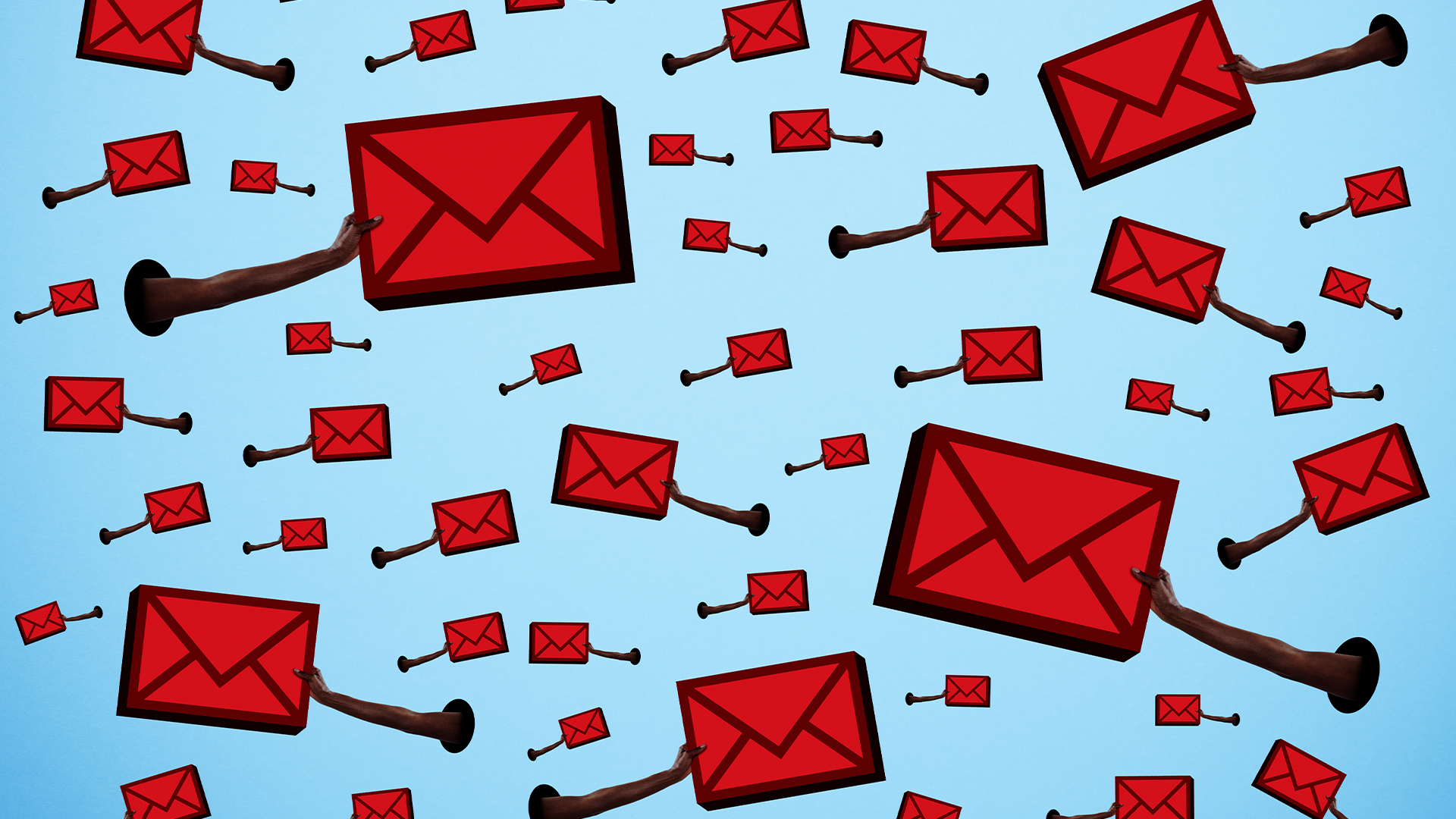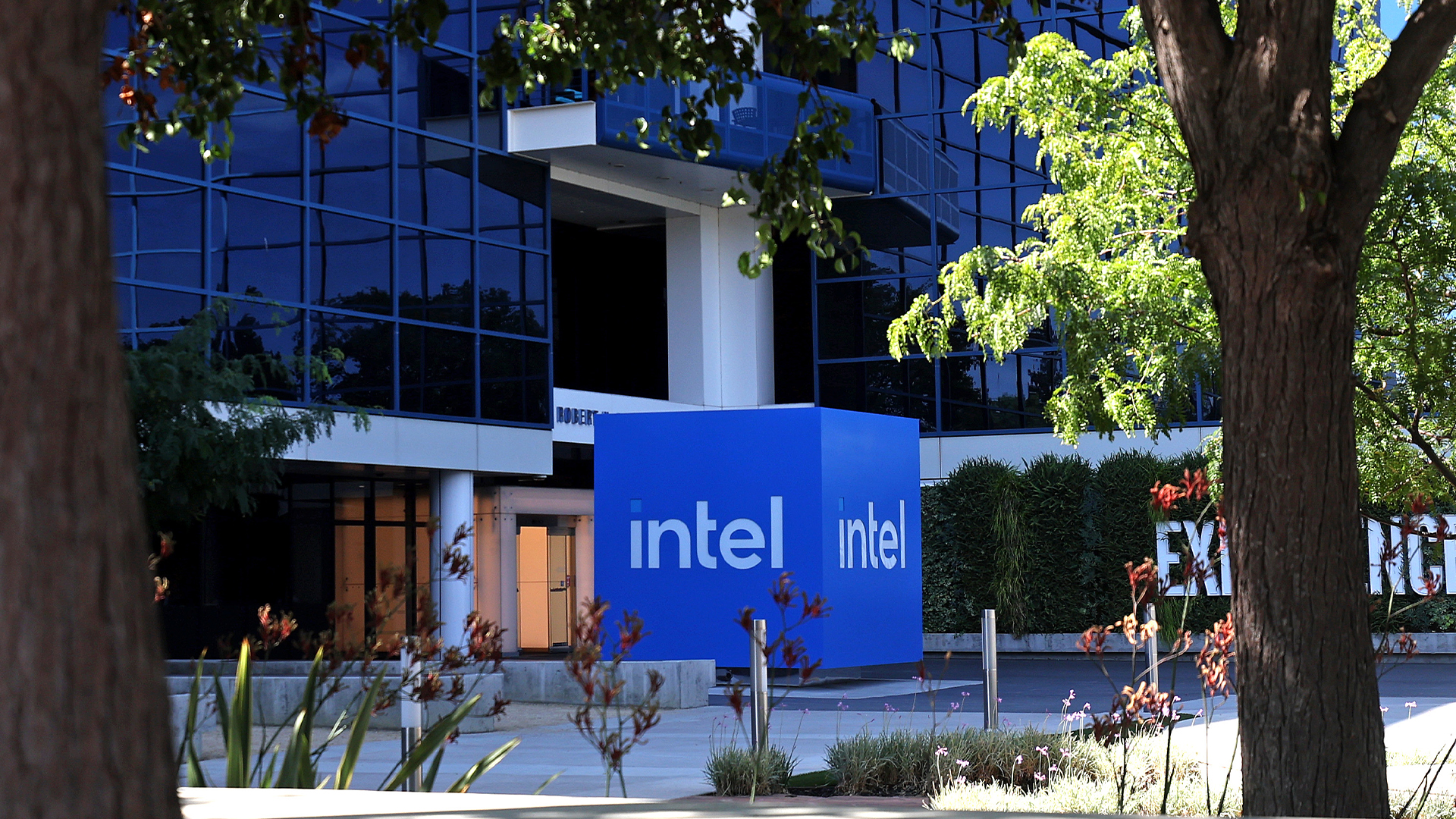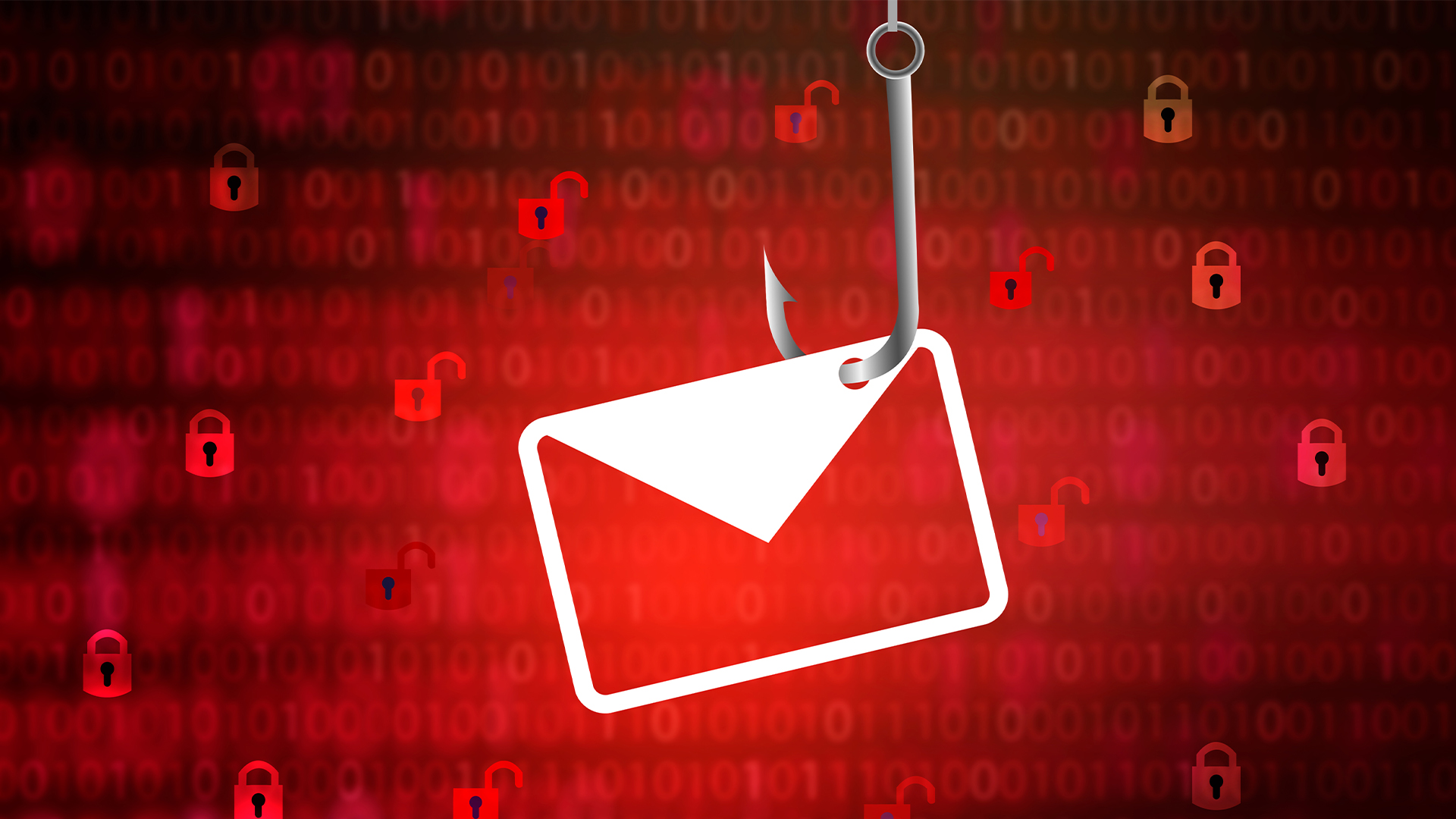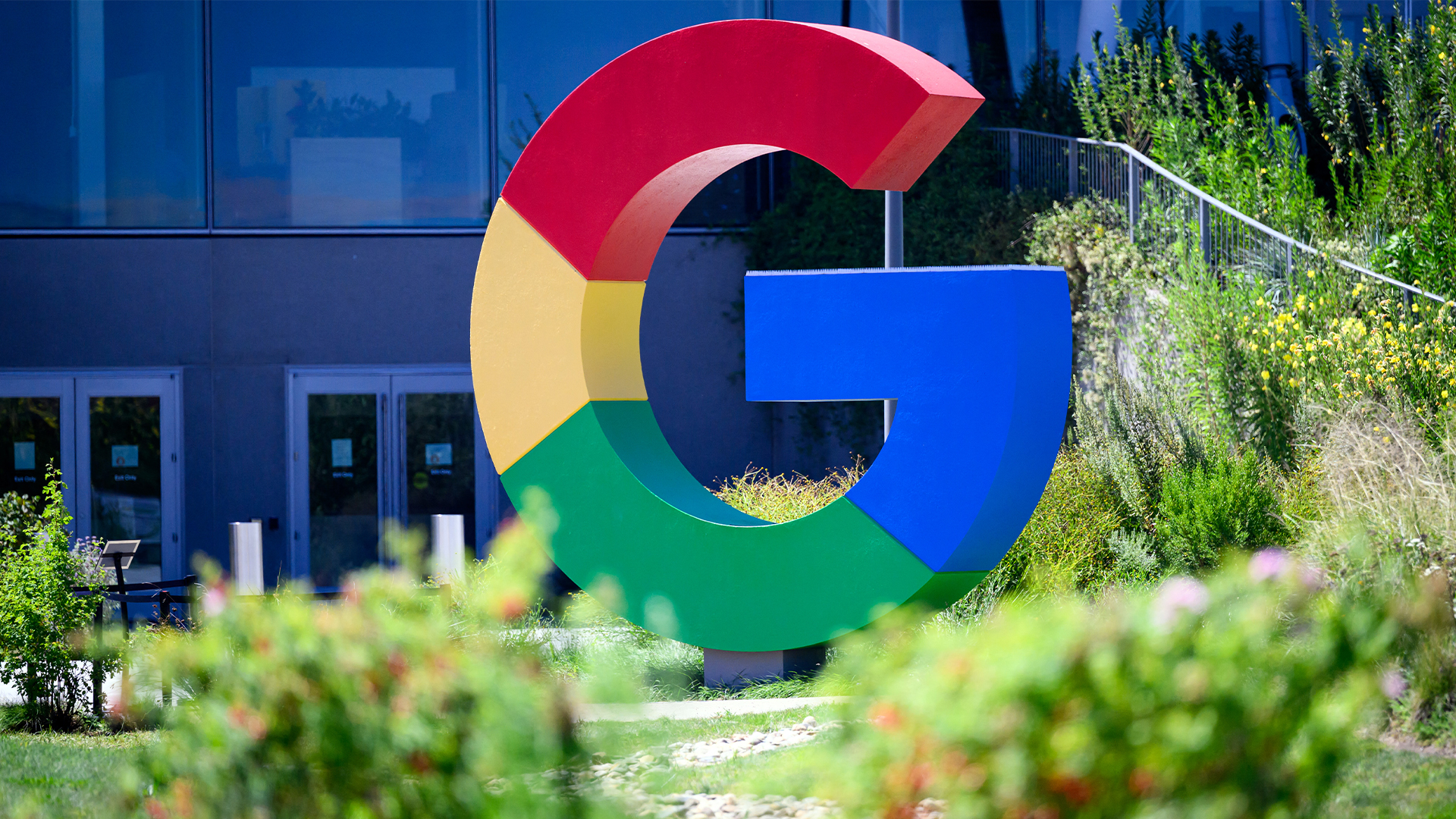Healthcare organizations are turning a blind eye to phishing attacks
A survey reveals that most attacks go unreported, putting patient data at risk


The vast majority of phishing attacks against the healthcare sector go unreported to security teams, leaving organizations unable to fully learn from their mistakes.
In a survey of 150 US-based healthcare IT leaders for secure email firm Paubox, six-in-ten said they had experienced at least one email security breach last year, and three-quarters that they expected even more security challenges this year.
The top risks were phishing, man-in-the-middle attacks, and password guessing, often through personal information revealed on social media.
However, IT leaders said 95% of phishing attacks went unreported to security teams, along with 96% of known email violations of the 1996 Health Insurance Portability and Accountability Act (HIPAA), aimed at protecting sensitive health information from disclosure without patient's consent.
As a result, these incidents weren't investigated, meaning that systems weren’t patched, staff weren’t alerted, and patients weren’t warned that their data may be at risk.
"We encountered a significant case where an outdated email system directly impacted patient care due to a cybersecurity breach," said Matt Murren, CEO of healthcare IT support firm True North ITG.
"The phishing attack compromised user credentials and eventually deployed ransomware across the network. It shut systems down for two weeks. Appointments were delayed. Test results were inaccessible. Urgent care cases were diverted elsewhere. Patients lost trust. This isn’t just an IT failure — it’s a patient safety crisis."
Get the ITPro daily newsletter
Sign up today and you will receive a free copy of our Future Focus 2025 report - the leading guidance on AI, cybersecurity and other IT challenges as per 700+ senior executives
The problem doesn't seem to be a lack of awareness amongst staff. Nine-in-ten said they carried out staff training.
Ryan Winchester, CareM director of information technology, said "no amount of training can completely eliminate human error, so businesses must have safeguards in place."
The report found that healthcare organizations currently allocate only 11–20% of their IT budgets to email security, despite email being their top risk area. One persistent problem is poor infrastructure, with 83% of healthcare IT leaders saying that legacy systems disrupt day-to-day operations.
"I’ve seen first-hand how legacy email platforms can quietly — but critically — undermine operational stability and efficiency across healthcare organizations" said Murren.
In larger healthcare networks, the most common challenges include high maintenance costs that drain IT resources, persistent security vulnerabilities, outdated and complex user interfaces, system performance bottlenecks, and limited support for mobile and remote working.
The result is reactive firefighting, with about 37% of healthcare IT leaders spending between 11 and 20 hours per week just resolving secure email tickets.
"Healthcare doesn’t need more patchwork fixes — it needs a mindset shift. Patients expect secure, convenient communication, and it’s on us to meet that standard," said CEO of Paubox Hoala Greevy.
MORE FROM ITPRO
- Are phishing tests a waste of time?
- 10 quick tips for identifying phishing emails
- Phishing tactics: The top attack trends
Emma Woollacott is a freelance journalist writing for publications including the BBC, Private Eye, Forbes, Raconteur and specialist technology titles.
-
 Datatonic expands global services with Syntio acquisition
Datatonic expands global services with Syntio acquisitionNews The move marks a “key step” in Datatonic’s efforts to expand its global reach and service capabilities
By Daniel Todd
-
 Intel layoffs confirmed as CEO eyes 'sustainable growth'
Intel layoffs confirmed as CEO eyes 'sustainable growth'Intel’s new CEO Lip-Bu Tan has confirmed the company will be cutting its headcount in response to sluggish revenue.
By Jane McCallion
-
 ‘Phishing kits are a force multiplier': Cheap cyber crime kits can be bought on the dark web for less than $25 – and experts warn it’s lowering the barrier of entry for amateur hackers
‘Phishing kits are a force multiplier': Cheap cyber crime kits can be bought on the dark web for less than $25 – and experts warn it’s lowering the barrier of entry for amateur hackersNews Research from NordVPN shows phishing kits are now widely available on the dark web and via messaging apps like Telegram, and are often selling for less than $25.
By Emma Woollacott
-
 Healthcare systems are rife with exploits — and ransomware gangs have noticed
Healthcare systems are rife with exploits — and ransomware gangs have noticedNews Nearly nine-in-ten healthcare organizations have medical devices that are vulnerable to exploits, and ransomware groups are taking notice.
By Nicole Kobie
-
 Have I Been Pwned owner Troy Hunt’s mailing list compromised in phishing attack
Have I Been Pwned owner Troy Hunt’s mailing list compromised in phishing attackTroy Hunt, the security blogger behind data-breach site Have I Been Pwned, has fallen victim to a phishing attack targeting his email subscriber list.
By Jane McCallion
-
 Security experts warn of ‘contradictory confidence’ over critical infrastructure threats
Security experts warn of ‘contradictory confidence’ over critical infrastructure threatsNews Almost all critical national infrastructure (CNI) organizations in the UK (95%) experienced a data breach in the last year, according to new research.
By Emma Woollacott
-
 Healthcare organizations need to shake up email security practices
Healthcare organizations need to shake up email security practicesNews Microsoft 365 is the source of almost half of all healthcare email breaches, thanks mainly to misconfigurations in security settings.
By Emma Woollacott
-
 More than 300,000 US healthcare patients impacted in suspected Rhysida cyber attacks
More than 300,000 US healthcare patients impacted in suspected Rhysida cyber attacksNews Two US healthcare organizations have warned threat actors were able to breach their internal systems, exposing more than 300,000 individuals.
By Solomon Klappholz
-
 ‘It’s your worst nightmare’: A batch of €5 hard drives found at a flea market held 15GB of Dutch medical records – and experts warn it could’ve caused a disastrous data breach
‘It’s your worst nightmare’: A batch of €5 hard drives found at a flea market held 15GB of Dutch medical records – and experts warn it could’ve caused a disastrous data breachNews Robert Polet made a startling discovery after finding hard drives on sale for €5 each in a flea market.
By Solomon Klappholz
-
 Google is dropping SMS authentication for QR codes
Google is dropping SMS authentication for QR codesNews Google appears finally ready to deprecate using SMS codes for multi-factor authentication (MFA) for Gmail according to insiders at the search giant.
By Solomon Klappholz